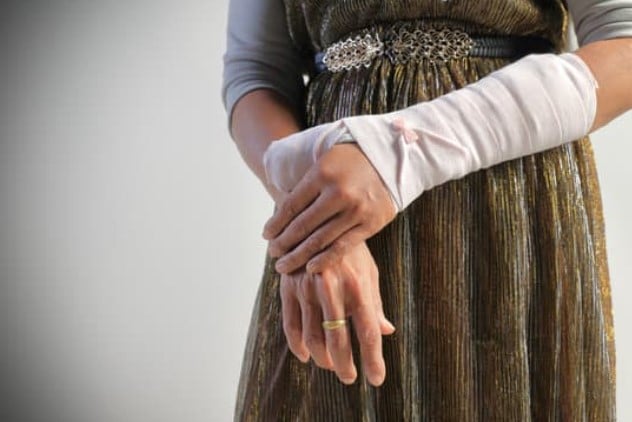While not common, accidents do occur in business settings. Therefore, businesses and property owners must keep their environment safe for customers and others they invite onto their premises. When they fail to maintain the property, and a person suffers from an injury, the business owner can be held liable for a premises liability claim.
If you are injured in a shop like a store, restaurant, or another place of business, make sure you understand the process for filing a claim. One mistake can ruin your chances of obtaining a favorable outcome.
After an Accident
After an accident, the first thing you should do is seek medical care if you are seriously injured from a shop injury. If not, take the appropriate steps to gather evidence for your claim. Document anything you see that could have caused your accident, such as spilled liquid, uneven flooring, debris, and falling items. It is a good idea to take pictures of any evidence. After all, a picture is worth a thousand words.
Also, write down everything you remember to have a timeline of what happened just before the accident. If there were any witnesses, get their contact information. Be sure to contact the manager and tell them what happened so you can file a report. Be careful what you say. Do not disclose too much or try to negotiate a resolution.
If you were seriously injured, it is advisable to seek legal help right away from a Georgia workers’ compensation lawyer. Under Georgia Code Section 9-3-33, you have two years from the accident date to file a claim for a shop injury.
Non-Spoliation Letters
When you discuss the accident with your lawyer, they will likely want to send out non-spoliation letters. These letters ask the other party to hold onto evidence that can help prove your case. These letters should be sent via certified mail to confirm that the other party receives them. All possible parties should be sent letters, including store owners, property owners, and insurance companies.
When the parties receive these letters, they will be forced to keep specific evidence, such as videos, cleaning records, and inspection records. Because these types of evidence are destroyed regularly, it is advisable to send out the letters as soon as possible. Otherwise, crucial evidence could be gone forever.
Even after receiving a non-spoliation letter, those who destroy evidence could be considered guilty of the incident. As a result, they could also face fines and other penalties.
Seek Legal Help For Your Shop Injury
It is possible that you could slip and fall or suffer shop injuries in another type of accident as a customer of a store or restaurant. Therefore, you must be prepared and take the proper steps to not lose out on the compensation you deserve.
Premises liability cases can be complicated. For strong results, seek legal help from Georgia injury and accident attorneys from the CEO Lawyer Personal Injury Law Firm. He offers aggressive representation for those who have suffered a personal injury due to someone else’s negligence. For a free consultation, fill out the online form (470) 323-8779.




